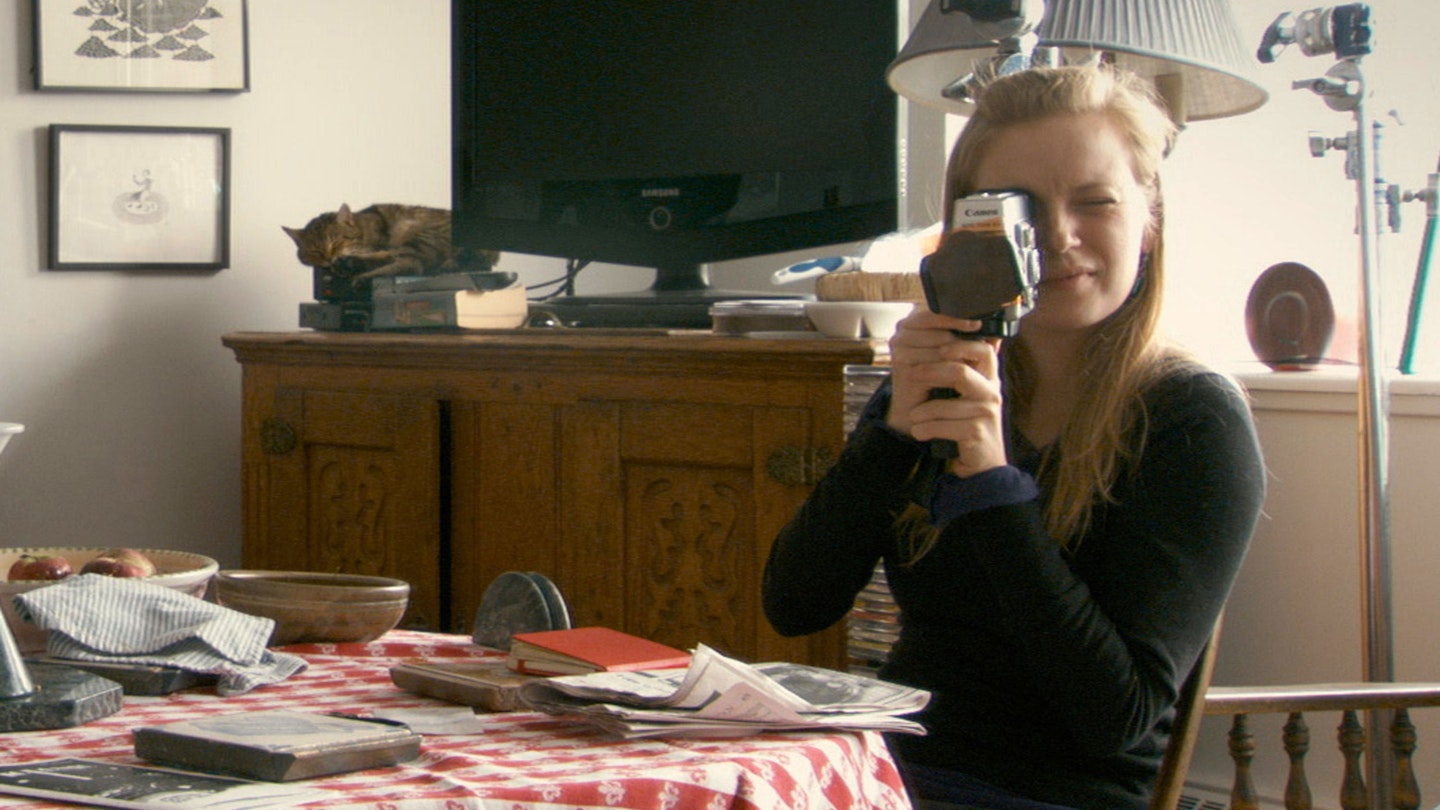It begins with a voiceover, someone quoting Margaret Atwood, an elderly Englishman’s voice: “When you’re in the middle of a story, it isn’t a story at all, it’s a confusion.” We then see Sarah Polley — Canadian actress and director (Away From Her, Take This Waltz) — walking the puffing narrator up a long flight of stairs and into a recording studio. Meanwhile, a montage shows other as-yet-unnamed interview subjects mic-ing up in a variety of domestic settings (except one, in black and white, a blonde from a Mad Men past). They converse and joke with Polley. You sense nervousness, but also familiarity. Who are these people? A confusion indeed.
The silver-haired English gent, revealed as Polley’s dad, is just as nonplussed. “It isn’t the normal way of doing it,” he notes of her two-camera technique. Another of the interviewees, now clearly a close relative urged by Polley to “tell the whole story”, wonders: “Who fuckin’ cares about our family?” You might wonder the same. By the end of Stories We Tell, though, the answer is obvious: you do, and *everybody *should. The ‘spoiler-sensitive’ documentary is becoming a common occurrence, and not an unwelcome one (The Imposter, Searching For Sugarman). The same is true of Stories We Tell.
As the title suggests, it is a film about narrative. It is also a film about memory and family and secrets and love. In one sense, it is a true-life origin story. It is a mystery, too, best enjoyed from that starting point of pure confusion. Using interviews, archive footage and what can only be reconstructions of recent events starring herself and her interviewees, Polley resolutely dives into a personal, but shared, past where fact and recollection blur. She pulls rugs out from under our feet as she had them pulled out from under her own. Then, like an intrepid archaeologist who has found unexpected treasure in their own backyard, she digs in again and searches deeper.
It is a fascinating journey, impeccably crafted. It takes you from fearing you’ve blundered into someone’s home movie to realising you are in fact watching something truly unique and universal. The littlest myths, it turns out, can reveal the biggest truths.
